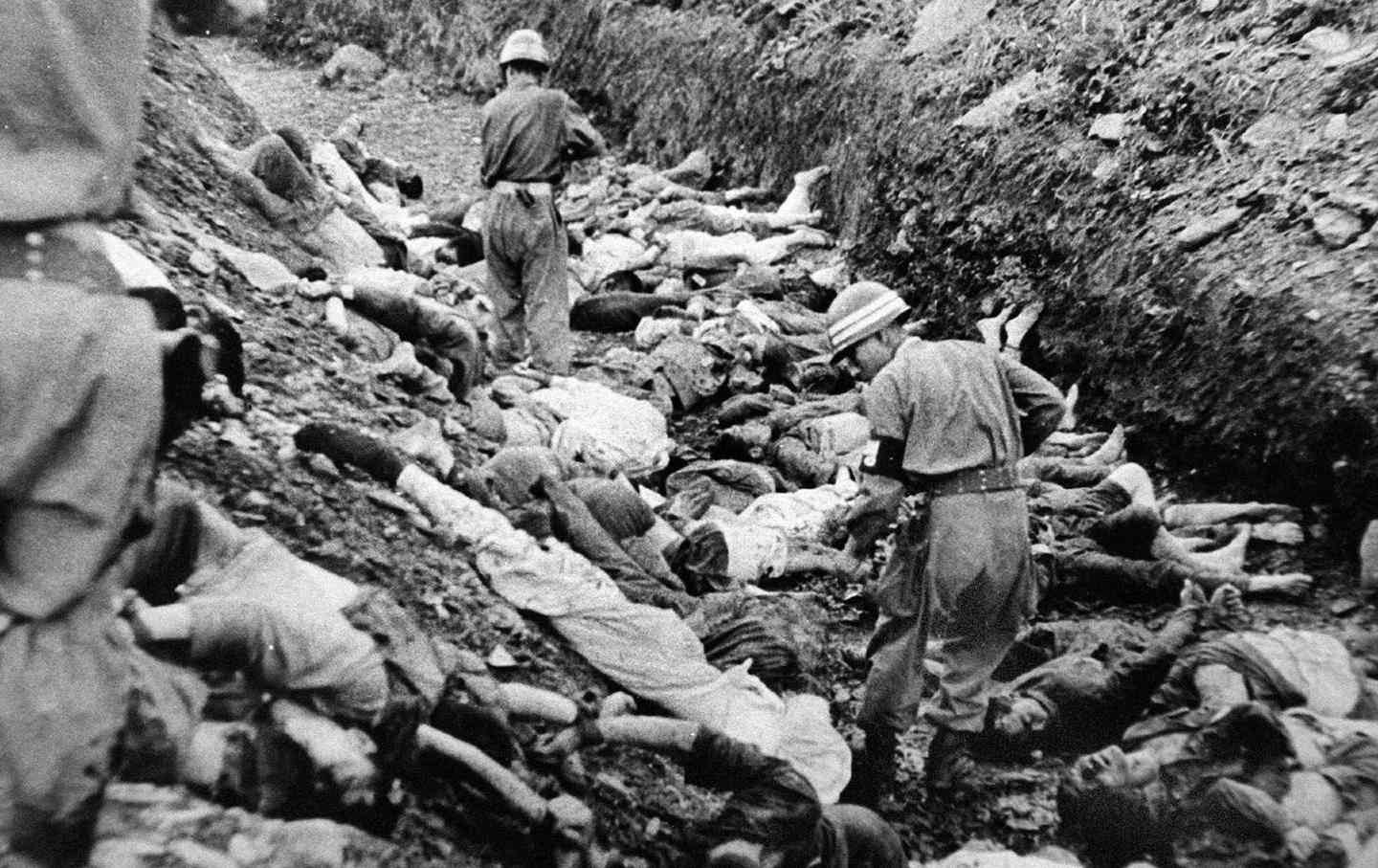
"Despite the portrayal of the Korean War as a defense of democracy, the historical context reveals South Korea was a repressive regime prior to establishing democracy."
"Censorship by US media downplayed South Korea's military ambitions against the North, distorting the narrative of the war's origins and intent."
"July 27, 1953 marked the end of an ideological struggle, yet it is essential to acknowledge the complexities overshadowed by a simplistic narrative."
"The Korean War, referred to as 'the Forgotten War,' reflects the challenges of commemoration in light of historical inaccuracies and censorship."
The 75th anniversary of the Korean War highlights historical distortion in its commemoration, often depicting the war as a clear battle against communist aggression. However, South Korea, seen as a democratic ally, was initially a repressive regime under President Syngman Rhee, who sought US support for an invasion of North Korea. While US media enforced a censorship that suppressed this context, the realities of both North and South Korea were far more complex, questioning the validity of the dominant narrative that frames the war as a defensive effort for freedom.
Read at The Nation
Unable to calculate read time
Collection
[
|
...
]